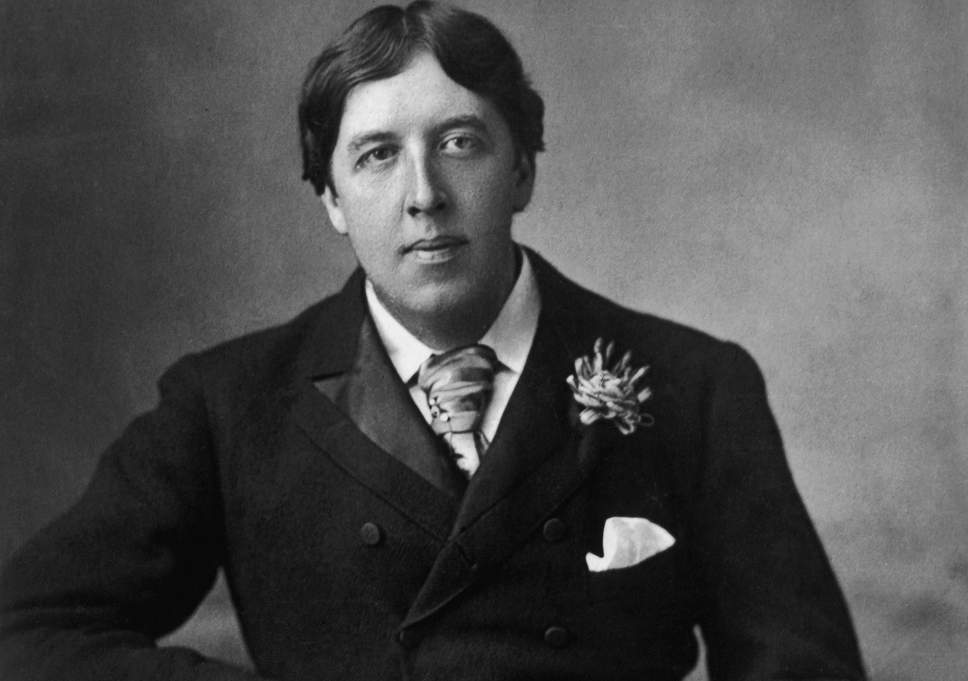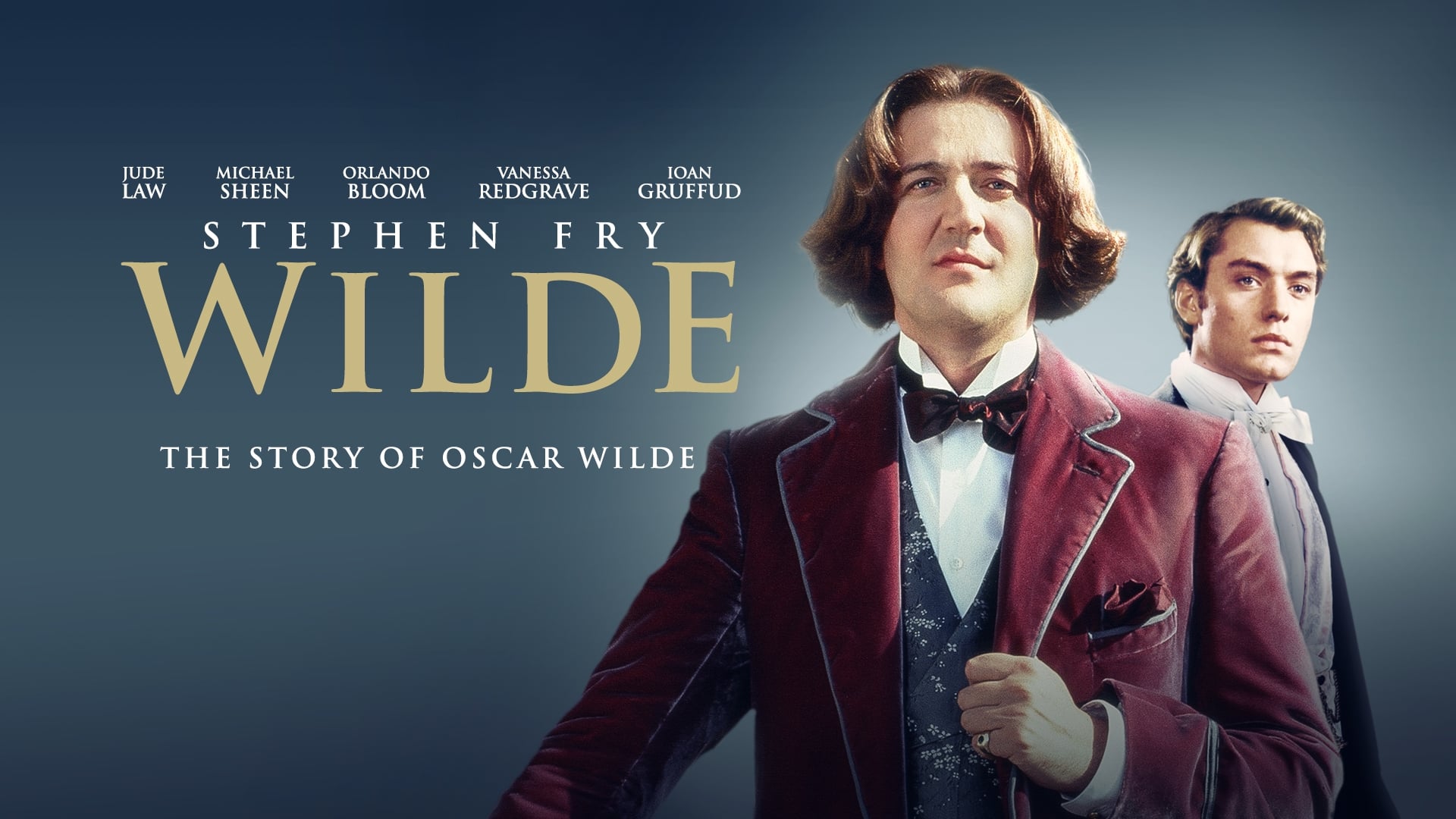

It was exciting, exhilarating, the beginning of a renaissance, the opening of a new heaven on a new earth, we were the forerunners of a new dispensation, we were not afraid of anything. Living in Gordon Square in Bloomsbury before the outbreak of the First World War, Keynes recalled the atmosphere of the times: Both Strachey and Keynes had numerous homosexual affairs – with each other, with Duncan Grant, with Woolf’s brother Adrian, and with men entirely unconnected to the group. Although the group was a closed set in many ways, they were liberal both in their politics and personal relationships. At the centre of the group were the biographer and writer Lytton Strachey and the economist John Maynard Keynes. Starting out as members of the secret society ‘The Apostles’ at Cambridge University, they eventually became part of the London-based ‘Bloomsbury Group’, whch also included Virginia Woolf, her sister – the artist Vanessa Bell – and Duncan Grant, also an artist. In the early 20th century a set of young, Cambridge-educated men sought to break free of the Victorian morals which had put Oscar Wilde in prison. © Universal History Archive/Contributor/Getty Images They met in 1908 and had a passionate affair which lasted for several years The painter Duncan Grant talks to fellow Bloomsbury Group member John Maynard Keynes in 1926. Visit Oscar Wilde’s plaque at 34 Tite Street, Chelsea, SW3 4JA.

Society as we have constituted it, will have no place for me, has none to offer but Nature, whose sweet rains fall on just and unjust alike, will have clefts in the rocks where I may hide, and secret valleys in whose silence I may weep undisturbed. In De Profundis, a long letter written while in prison and published in 1905, Wilde wrote:

After prison, he travelled in Europe and reunited briefly with Douglas but died three years after his release. He was bankrupted and suffered from increasing ill health.
#Oscar wilde gay pioneer trial#
After his first trial ended in a hung jury he was convicted on retrial and sentenced to two years hard labour. However Wilde himself didn’t benefit from his public stand in court. In the 20th century Wilde’s defence of his relationship with Douglas would inadvertently turn him into a gay icon. Wilde: There is nothing, I assure you, in either letter of which I need be ashamed. Gill: It is agreeable to be able to agree with you, Mr. Wilde: I am not happily, I think, an ordinarily constituted being. Gill: In letter number one you use the expression ‘Your slim gilt soul,’ and you refer to Lord Alfred’s ‘red rose-leaf lips.’ The second letter contains the words, ‘You are the divine thing I want,’ and describes Lord Alfred’s letter as being ‘delightful, red and yellow wine to me.’ Do you think that an ordinarily constituted being would address such expressions to a younger man? Although Wilde denied the charges against him, he didn’t deny his love for Douglas, as demonstrated in this exchange with Prosecutor Charles Gill in which love letters between Wilde and Douglas were presented to the court: Wilde explained that the line referred specifically to the ‘intellectual’ love between an elder and younger man (Wilde was 38 and Douglas 22 when they met), but the phrase was ultimately adopted as a euphemism for homosexual relationships. The phrase came from a poem called ‘Two Loves’ by Wilde’s lover, Lord Alfred ‘Bosie’ Douglas. ‘It is beautiful, it is fine, it is the noblest form of affection,’ Wilde responded. Standing in the dock in 1895 on trial for gross indecency, playwright Oscar Wilde was asked to explain the phrase ‘the Love that dare not speak its name’. Oscar Wilde and Lord Alfred 'Bosie' Douglas at Oxford in 1893


 0 kommentar(er)
0 kommentar(er)
